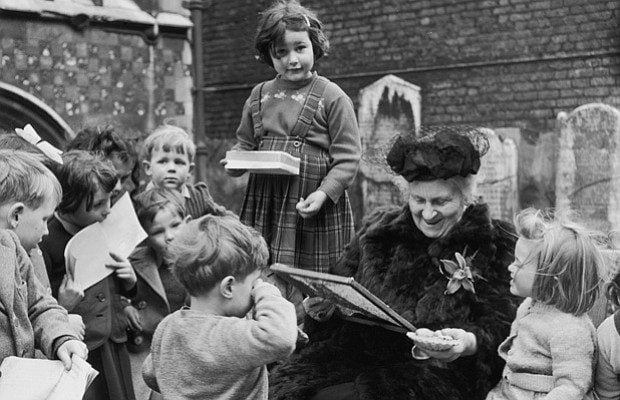
Why some children learn new words more slowly is a question that concerns many parents and educators. While language development varies among children, certain factors can contribute to slower vocabulary acquisition. Understanding these factors is crucial for providing the appropriate support and interventions.
Understanding Language Development
Language acquisition is a complex process involving the ability to understand and produce words. Children typically begin speaking their first words around 12 months of age, gradually expanding their vocabulary as they grow. However, some children may experience delays in this process due to various reasons.
Factors Contributing to Slower Vocabulary Acquisition
Cognitive and Neurological Factors
Children with developmental language disorders or other cognitive impairments may struggle with language acquisition. Research indicates that children with such challenges often have difficulty focusing on relevant cues when learning new words, leading to slower vocabulary growth.
Hearing Impairments
Hearing is essential for language development. Children with hearing loss may not be exposed to the full range of sounds necessary for learning new words, resulting in delayed speech and language skills.
Limited Exposure to Language
Children who are not regularly engaged in conversations or read to may have fewer opportunities to learn new words. A language-rich environment is vital for vocabulary development.
Socioeconomic Factors
Socioeconomic status can influence language development. Children from lower socioeconomic backgrounds may have limited access to educational resources and language stimulation, affecting their vocabulary growth.
Bilingualism
While being raised in a bilingual environment has many benefits, it may initially lead to slower vocabulary acquisition in each language. However, bilingual children typically catch up over time and gain cognitive advantages.
Supporting Children with Slower Vocabulary Development
It is important for parents and educators to understand why some children learn new words more slowly than their peers. Various underlying causes, such as differences in brain development or limited language exposure, can affect the speed at which children acquire vocabulary. By recognizing these reasons early, adults can tailor their approach to better support each child’s unique learning pace and create a nurturing environment that encourages language growth.
Early Intervention
Identifying and addressing language delays early can significantly improve outcomes. Speech-language therapy and individualized support plans can help children develop their vocabulary effectively.
Creating a Language-Rich Environment
Engaging children in regular conversations, reading aloud, and introducing new words in various contexts can enhance vocabulary acquisition.
Encouraging Social Interaction
Facilitating playdates and group activities allows children to practice language skills in social settings, promoting vocabulary growth.
Frequently Asked Questions
Q1: Is it normal for children to learn new words at different rates?
Yes, children develop language skills at varying paces. Some may acquire new words quickly, while others take more time. Consistent support and engagement are key.
Q2: When should I be concerned about my child’s language development?
If your child isn’t meeting typical language milestones or shows signs of delayed speech, it’s advisable to consult a speech-language pathologist for an evaluation.
Q3: Can bilingualism cause language delays?
Bilingual children might initially have a smaller vocabulary in each language, but they usually catch up and benefit cognitively from knowing multiple languages.
Q4: How can I support my child’s vocabulary development at home?
Regularly talk to your child, read together, introduce new words in context, and encourage them to express themselves to enhance their vocabulary.
Additional Resource:
For more information on language development and support strategies, visit the U.S. Department of Education’s reading resources.






